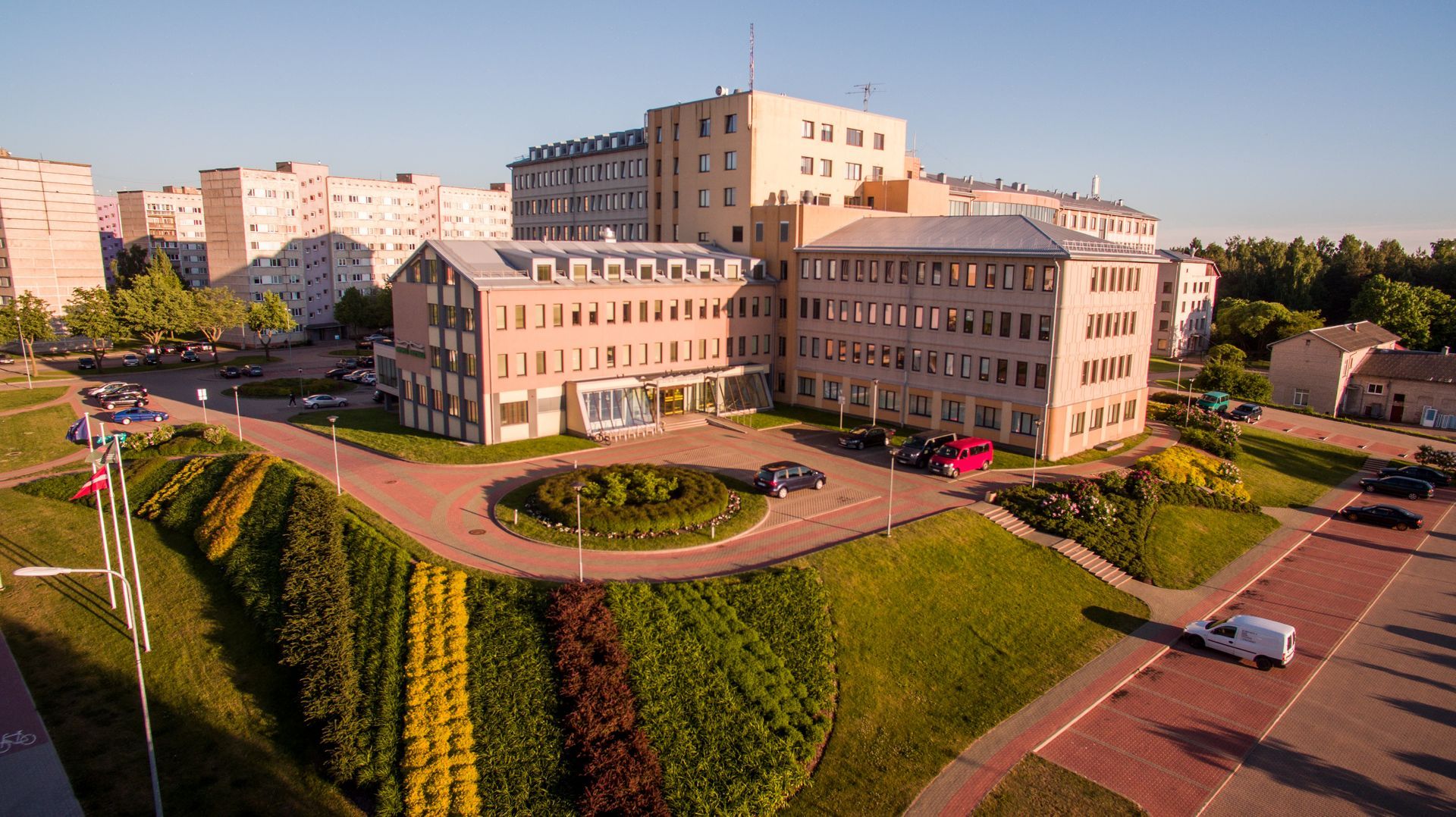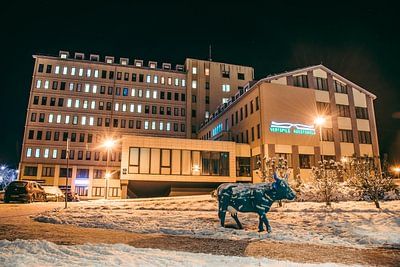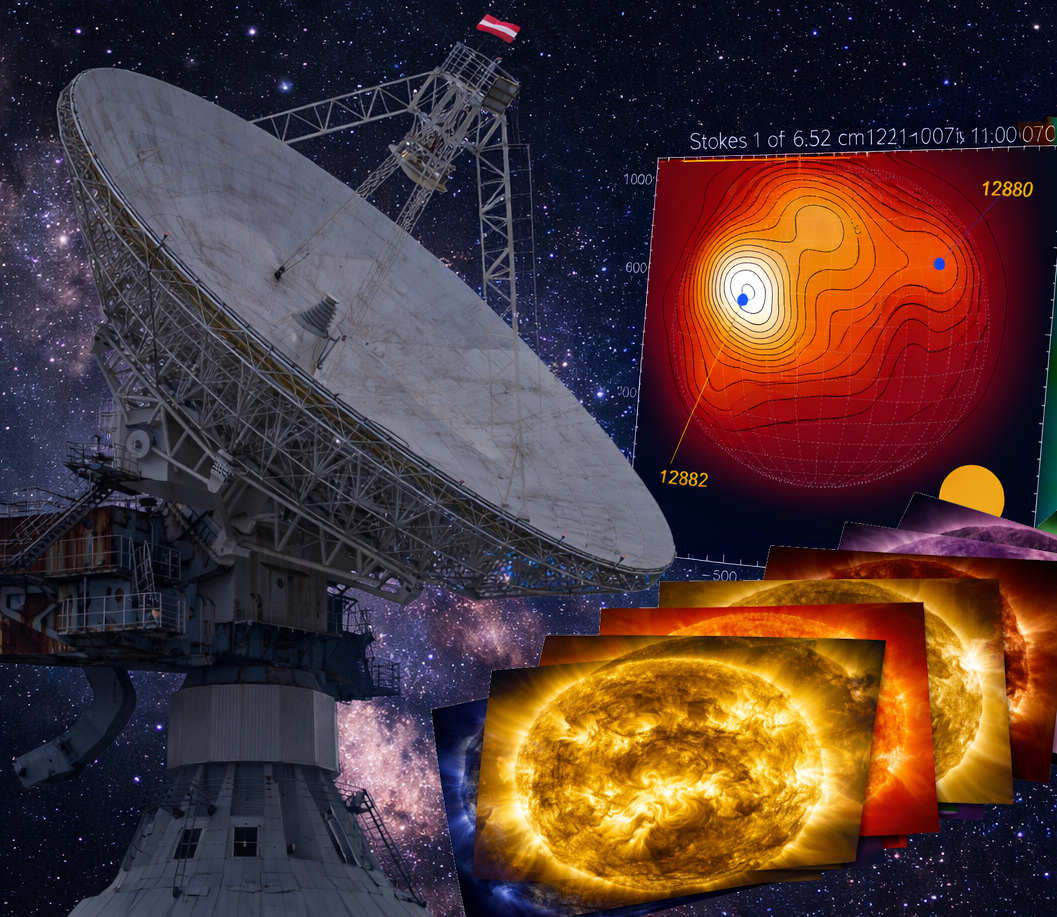One of us: Assistant Professor from Mexico Jesus Alberto Cazares Montes
Mexico is a country located almost ten thousand kilometers away from Latvia. It has a completely different culture that might be foreign for many. Jesus Alberto Cazares Montes, or how colleagues and students call him – Jesus Montes, is a citizen of Mexico who has come this long way to not only teach, but also to get to know our country. When you first meet Jesus Montes he seems like a quiet and shy person, but by the time the conversation begins, the room is filled with warmth. Interesting facts about Jesus Montes are that he earned his doctorate in physics from the “Center of Research and Advanced Studies at National Polytechnic Institute (CINVESTAV–IPN)” in Mexico and he has taught various courses at six universities in both Mexico and Croatia. Since 2019, Jesus Montes has joined the academic staff of Ventspils University of Applied Sciences and teaches mathematics and physics study courses in the English-language bachelor's study programme “Computer Science”. While reading this interview you will learn more about how Jesus Montes journey to VUAS and how he fell in love with Latvia, its culture and traditions.
Tell us about yourself and about your life in your home country and how it is different/similar to the one here in Latvia, Ventspils?
I was born in a small town not so far from Guadalajara, Mexico called Cajititlan (actually, the hospital was in Guadalajara, which is one of the largest cities in Mexico). Because of my father’s job, we lived in different cities in Mexico.
I would say that I am an open, optimistic person that loves coffee, music and culture in general.
I used to live in Guadalajara and Mexico City and they are very dynamic, crowded and noisy cities, but, on the other hand, they offer a wide range of possibilities and activities. This is something that I miss a little bit: the cultural activities.
Tell us please about your education and work experience before Ventspils.
I got the Bs.Sc. in physics in Zacatecas University, the Ms.Sc. and the Ph.D. in physics in the Center of Research and Advanced Studies which is the 2nd best research center in Latin America and has the 109 position in the world and is located in Mexico City. I have worked in different universities in Mexico including the National Polytechnic Institute. I did a postdoctoral stay at Ruđer Bošković Institute, in Zagreb, Croatia and after that, I worked as a mathematics professor at Rochester Institute of Technology, Croatia.
How did you get to Latvia? To VUAS?
Here I will share the whole story of how I got from Mexico to Croatia and then to Latvia.
Once I got the Ph.D. in Mexico City, first I went to Croatia as a visiting researcher and then I joined as a mathematics professor at Rochester Institute of Technology in Croatia for three years. When I was teaching in Zagreb, my students often said to me “Professor, why are you here with us? I mean, you are very talented, you are very passionate, you know a lot of things, but many of us believe that you are wasting your time in this place with foolish students that are only interested in passing the course, but not to learn?” Honestly, I did not pay much attention to their comments.
However, that place was interested in acquiring university status, but according to Croatian law if a professor has a diploma in a specific science then they are qualified to teach only that science. As I am a physicist, I was able to teach physics, but not mathematics (the subject that I was teaching at that time).
I took into consideration the comments of my students and I decided to challenge myself by looking for a university where I could teach engineering again. I searched for different positions, I applied and I got a positive answer from our university. I came to Ventspils and we signed the contract. After that, in less than 3 days, I got several more positive answers from universities in different countries - including a one in Croatia!
However, VUAS was the first one. Since I did not like hot weather - Latvia could offer me the perfect weather! So, I chose Ventspils.
Now, looking back at this experience - I am really glad that the events happened the way they did. I think that I was really lucky to get the opportunity to join VUAS as a professor and I am very happy to be part of the VUAS community.
How do you see your future here at VUAS? And how do you see VUAS in 3-5 years' future?
I am really lucky to be part of the VUAS community, not only because I am in the faculty of IT, but also because I recently joined VIRAC. This full affiliation will allow me to grow not only as a professor but also as a researcher. Additionally, I am learning the Latvian language, that way I can be of a greater use to the university.
Currently, VUAS is taking part in different projects, both nationally and internationally. This means a bigger projection of our university can also imply growth of the university in a not so far future.
Additionally, I was elected as Assistant Professor two months ago. Do I need more reasons to be proud to belong to the VUAS community?
How would you characterize the student auditorium in VUAS? What techniques work best in the study process? Can you give some advice to students?
Unfortunately, I have not worked exactly with a Latvian auditorium because I am working with international students. This is really an awesome experience because I am learning different approaches and methods from them.
Mathematics is a logical and structured science but it is necessary to work with it, to study a lot to get a full understanding. I have seen that some students can learn things at a first glance and they can remember everything, but I have also seen students that need to work a lot and solve many exercises before they learn the subject. I mean, each one of us needs a different learning process, thus, the first advice that I can give to any student is to know yourself and find what kind of methodology suits you better and work with that.
Something really important is to never limit yourself with the content studied in the classroom. Go to the library and make a review of the materials studied in class and also the materials for the next class - you will understand it better.
There is an interesting quote in the book Xunzi “Tell me and I forget. Teach me and I may remember. Involve me and I learn”. The learning process involves two persons - the professor (I see the professor like a guide, nothing more) and the student. If a student is just going to the classroom and not working regularly, it will be hard to get a deeper knowledge of the subject, but when the students read additional materials or discuss the subjects and homework with their colleagues, then success is almost guaranteed.
I can summarize this with a personal quote: Nobody becomes a captain in a swimming pool.
Could you list 3 - 5 beliefs that would make life easier and people happier?
“If your problem has a solution - why worry? On the other hand, if your problem has no solution - then why worry?”
“Good decisions come from experience - experience comes from bad decisions!” (in other words, do not be afraid to be wrong, but learn from the mistakes).
“If lemons fall from the sky, learn how to make lemonade!!” (in other words, transform a problem into an opportunity).
Do you miss Mexico?
What I really miss from Mexico is the food… It is impossible to find such a kind of food here in Europe. Yes, I know, there are many “Mexican” restaurants in Europe (we even have one here in Ventspils). However, they offer the so-called Tex-Mex food. This is the result of the Mexican influence in the south part of the USA (especially Texas, that is the reason for the name). But certainly, no one offers real Mexican food.
Do you consider Latvia your home?
I think that you can call home a place where you feel comfortable, a place where you can identify yourself with the local culture and especially where you can create bonds. After almost three and a half years here, I have started to tie my identity with the Latvian culture and now that I am learning the Latvian language my bond can only get stronger. Additionally, I am in a folkloric dance ensemble and a folkloric choir ensemble. I now have a dream to participate in the Latvian Song and Dance Festival.
Yes, I consider Latvia my home and every day I become prouder of this land since I am creating a stronger bond with Latvia every day.
Share on other platforms
Other news







